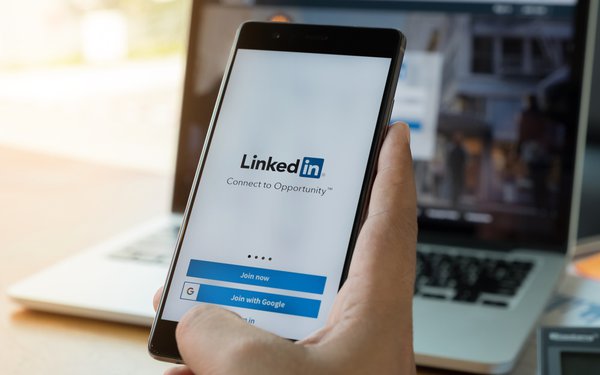
Tech company TopDevz and diversity recruiting company Noirefy
have beefed up a class-action complaint against LinkedIn over inflated ad metrics, in hopes of convincing a judge to allow the lawsuit to proceed.
“Rampant bot and other fraudulent
activity on LinkedIn’s platform mean that advertisers regularly pay for fake clicks. Advertisers regularly pay for fake ad impressions and video views too,” TopDevz and Noirefy allege in
an amended complaint, filed Tuesday with U.S. Magistrate Judge Susan van Keulen in the Northern District of California.
The companies claim LinkedIn violated California consumer protection
laws, as well as standards governing business contracts. They filed suit last year, shortly after LinkedIn said it had discovered two “measurement issues” that “may have
overreported some Sponsored Content campaign metrics for impression and video views.”
LinkedIn said it learned of the issue in August of 2020, and fixed it by that November.
LinkedIn also said the incorrect metrics potentially affected more than 418,000 customers, promised to credit the accounts of any advertisers that were affected.
But the advertisers say the
inflated ad metrics led them to purchase more ads, and pay higher prices for them.
LinkedIn urged van Keulen to dismiss the claims at an early stage, contending that it “immediately took
steps to correct the errors, notify advertisers, and issue makegoods to all potentially affected advertisers that in most instances exceeded the amount of any possible overcharge.”
Earlier this month, van Keueln threw out the claims, ruling that the advertisers' complaint didn't include the kinds of factual allegations that would support the claims.
For instance, she
said California's consumer protection law is aimed at safeguarding consumers or small businesses, but the complaint didn't include facts showing that TopDevz or Noirefy are small and unsophisticated
operations.
The judge also said the complaint didn't contain enough specific facts to support the advertisers' claims that LinkedIn violated contractual standards by making
misrepresentations.
“Plaintiffs do not identify the substance of any particular representation or when and by whom it was made. Accordingly, the particular circumstances concerning the
alleged fraud and misrepresentation cannot be discerned, and thus the fraud-based claims are subject to dismissal,” she wrote.
She gave the companies until August 17 to revise their
complaint and bring it again.
In the new complaint, TopDevz and Noirefy both say they are defined by LinkedIn as “small”
businesses, because they have fewer than 200 employees.
TopDevz says it has approximately 150 workers, while Noirefy says it only has two full-time workers. Both companies say they don't have
in-house ad analytics departments or experts.
The companies also give examples of specific ad campaigns that they ran on LinkedIn.
For example, the new complaint alleges that Noirefy
CEO Shaniqua Davis ran campaigns on LinkedIn in September of 2018, and August, September and November of 2020. For all campaigns after the first one, Davis examined the prior metrics and made
decisions based on them, the complaint alleges.
“LinkedIn’s misrepresented ad metrics prevented Noirefy from accurately evaluating the success of its ad campaigns and making
informed business decisions about its digital advertising strategy,” the new complaint alleges. “By paying inflated prices for advertisements on LinkedIn, Noirefy had less money to spend
on other aspects of its business, which directly impacted its ability to achieve its mission of connecting underrepresented professionals with career opportunities.”